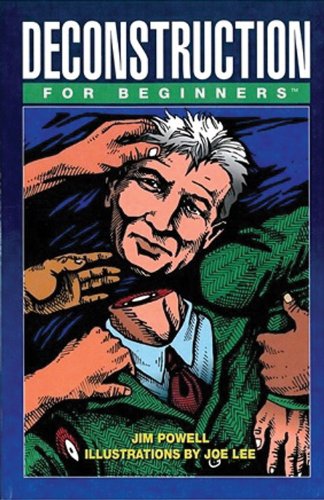

Most ebook files are in PDF format, so you can easily read them using various software such as Foxit Reader or directly on the Google Chrome browser.
Some ebook files are released by publishers in other formats such as .awz, .mobi, .epub, .fb2, etc. You may need to install specific software to read these formats on mobile/PC, such as Calibre.
Please read the tutorial at this link: https://ebookbell.com/faq
We offer FREE conversion to the popular formats you request; however, this may take some time. Therefore, right after payment, please email us, and we will try to provide the service as quickly as possible.
For some exceptional file formats or broken links (if any), please refrain from opening any disputes. Instead, email us first, and we will try to assist within a maximum of 6 hours.
EbookBell Team

4.7
46 reviewsDeconstruction is so labyrinthine (and rumored to be fatal) that it's become the monster that murdered philosophy. When Jacques Derrida, the father of deconstruction, uses buzz-words such as "phallogocentrism" and "transcendental signified," humanities students and aspiring philosophers may get weak in the knees.
Following up on the success of Derrida For Beginners, Jim Powell's Deconstruction For Beginners is an irreverent romp through deconstructive domains. Though Powell offers lucid explanations of the most important deconstructive ideas and texts, he also dive into lesser known works. One of these, The Right to Look, finds Derrida offering his thoughts on a photo-novella consisting of images of women making love with each other. Powell then goes on to explore how deconstruction, like an unruly mistress, has escaped Derrida, especially in the realm of architecture. Then, based on Derrida's assertion that deconstruction happens differently in different cultures, Powell examines how - through Buddhism and Taoism - deconstruction took place in ancient India, Japan, and China.